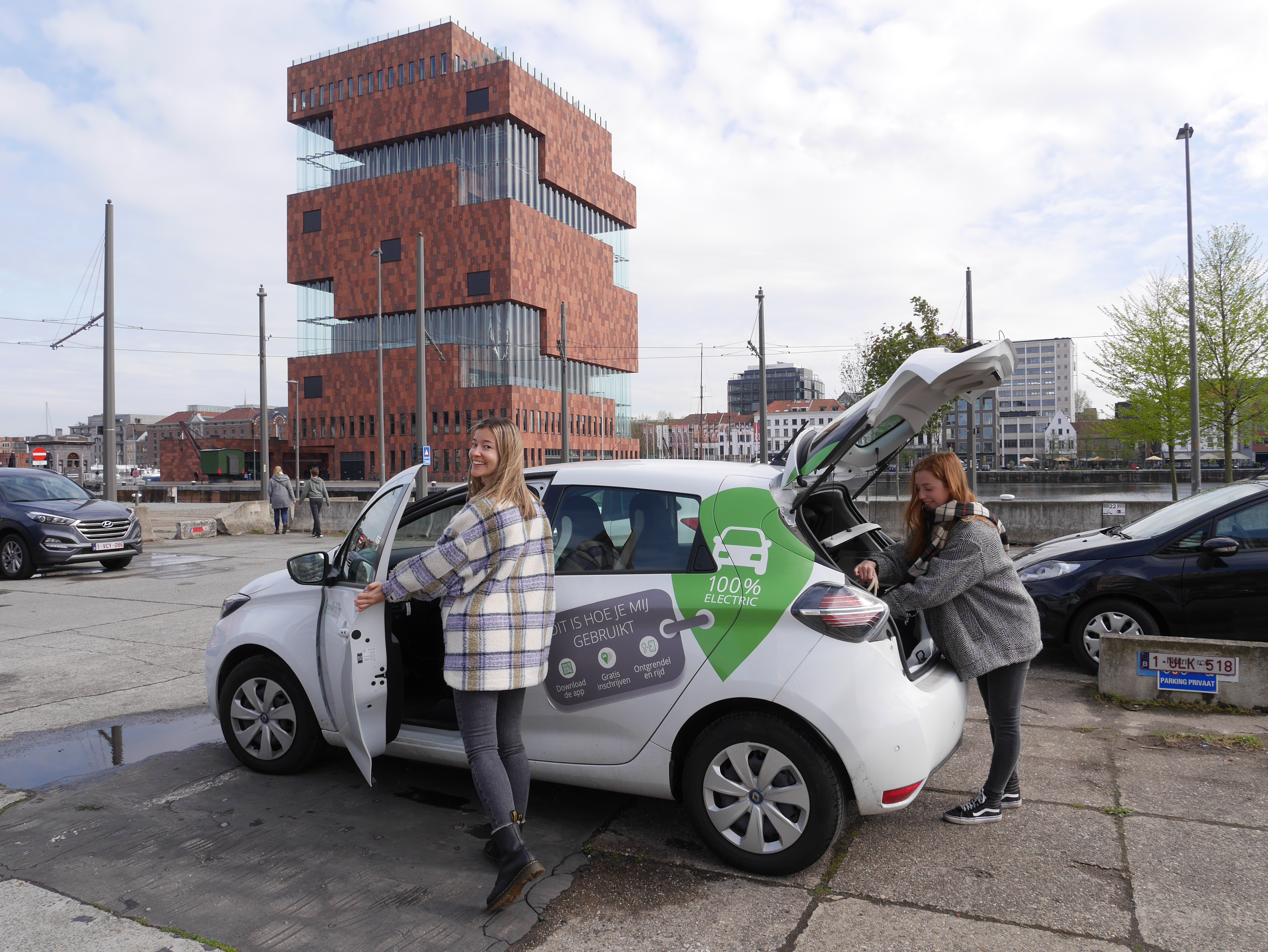
Flemish cities and businesses step up their commitment to part-mobility

With the Green Deal for Shared Mobility, the participants aim to achieve a real culture of shared mobility thanks to more than 300 actions, among other things /Autodelen.net
In Ghent, 63 cities, companies, and property developers have signed a 'Green Deal for shared mobility'. Through the partnership, the partici


Comments
Ready to join the conversation?
You must be an active subscriber to leave a comment.
Subscribe Today